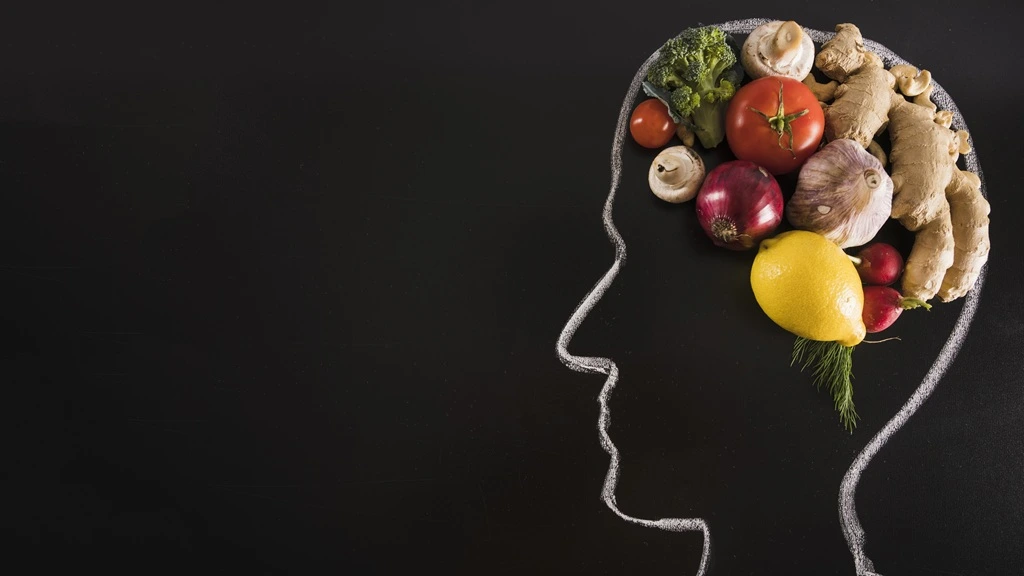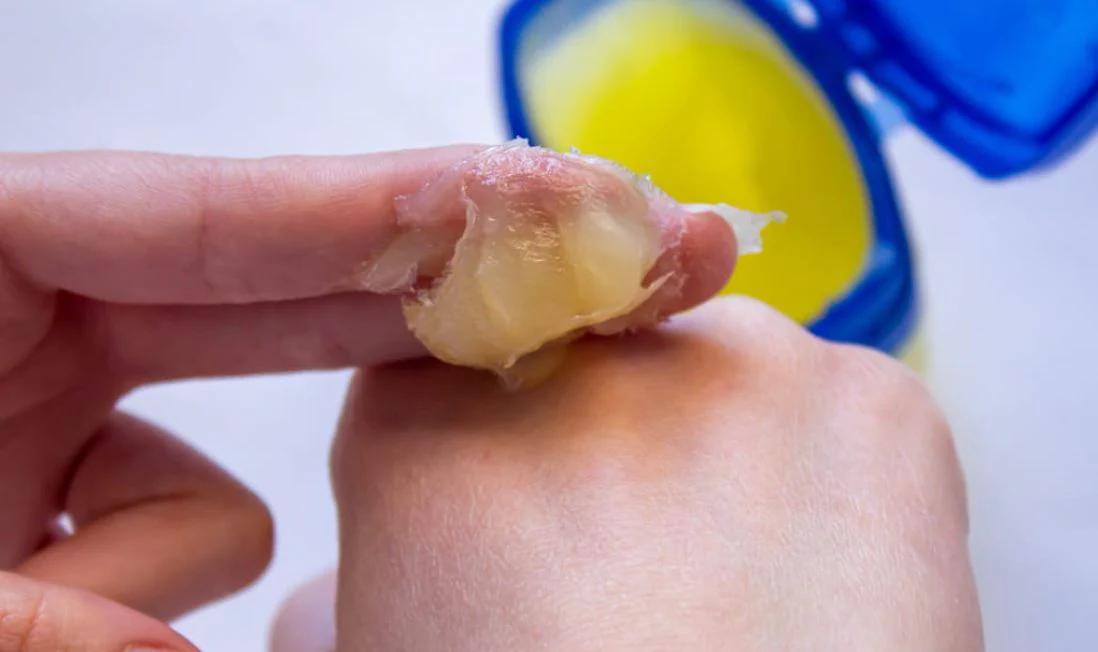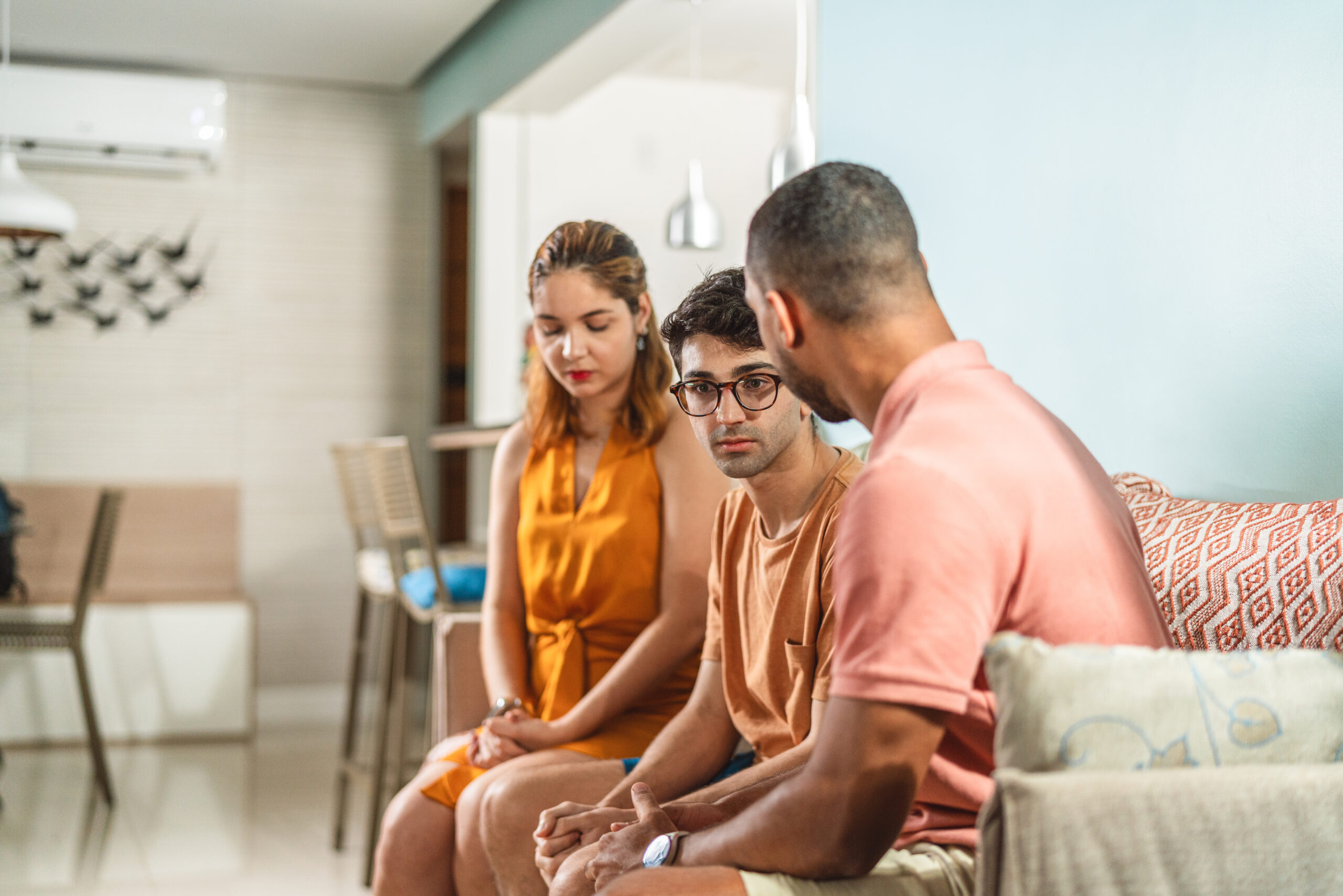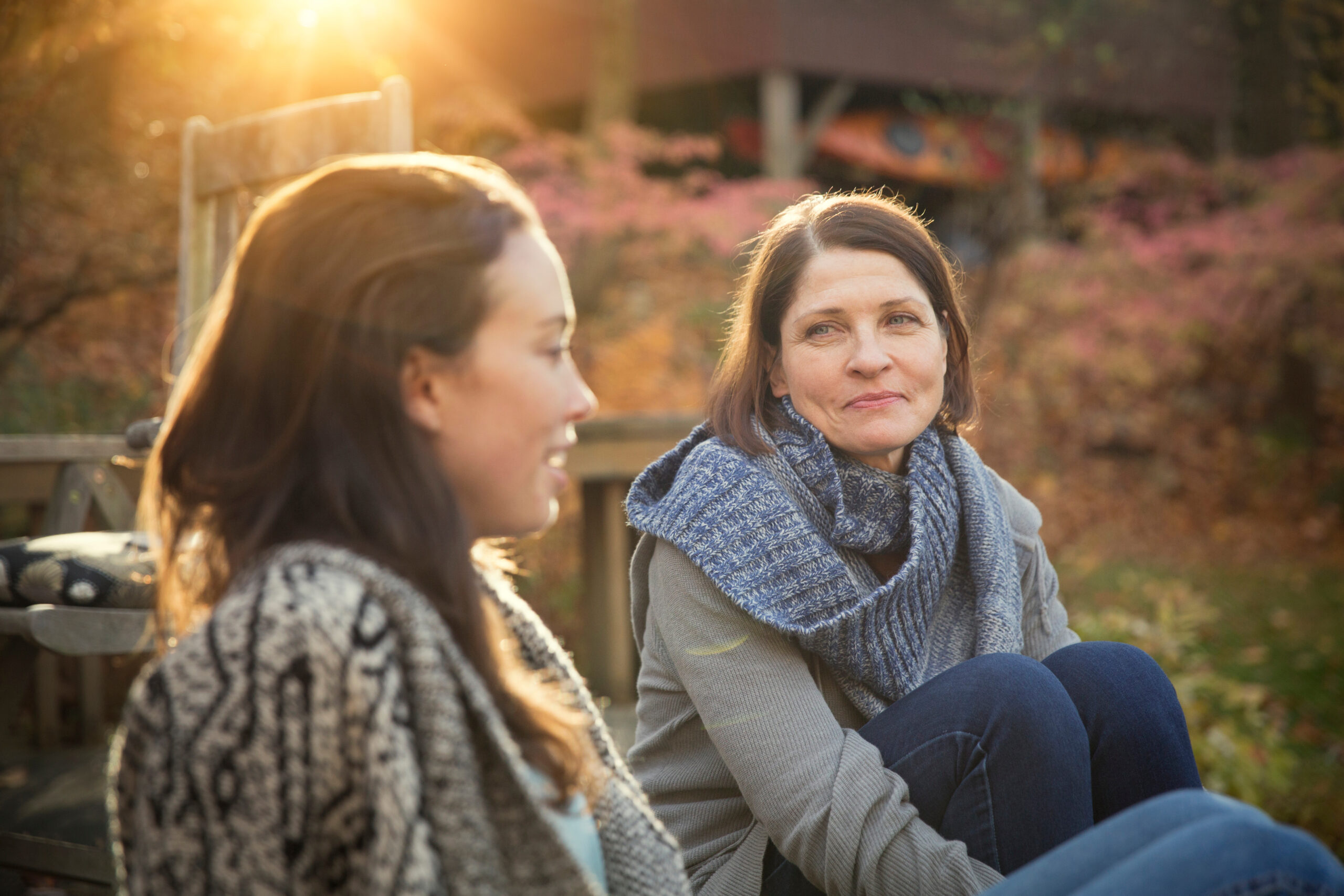What We Breathe Shouldn’t Be a Health Risk — But It Is
I never thought much about air. We breathe in and out every second of every day without thinking—until something forces you to. For me, it was the day I walked
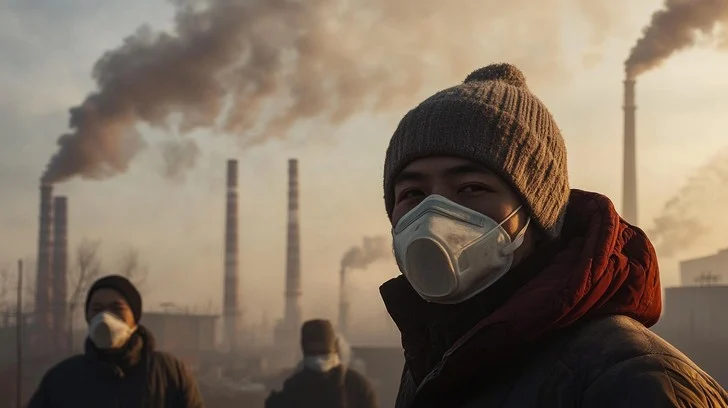
I never thought much about air.
We breathe in and out every second of every day without thinking—until something forces you to. For me, it was the day I walked out of my apartment on what should’ve been a sunny afternoon and was met with a thick haze that smelled like burnt rubber. The sky was yellow, the air itchy in my throat. I had a headache by nightfall. I wasn’t sick—but my body felt under attack.
And in many ways, it was.
That was the first time I made the connection: air pollution isn’t just an environmental issue—it’s a direct, silent assault on our health. One that’s especially dangerous if you live in an urban area, near a highway, or in communities that historically get ignored when it comes to clean air legislation.
When Air Becomes a Threat
Air pollution is one of the leading environmental causes of death worldwide, contributing to heart disease, stroke, asthma, COPD, and other lung damage. For many who live with long-term exposure, this becomes living with chronic respiratory illnesses — a silent decline in breathing power day by day.
Until that experience, I assumed air pollution was mostly about the planet—melting glaciers, rising CO₂, wildfires. But then I started researching, and what I found left me stunned:
- Air pollution is one of the leading environmental causes of death worldwide.
- It contributes to heart disease, high blood pressure, stroke, asthma, COPD, and even certain cancers.
- The fine particles in polluted air (PM2.5) can enter your lungs, bloodstream, and even your brain.
- According to the WHO, 9 out of 10 people globally are breathing air that exceeds safe pollution levels.
- And yes, these effects are worse in low-income, urban, and historically marginalized neighborhoods.
In other words, the air I thought was “just a little smoggy” was actually increasing my long-term risk for heart and respiratory diseases—even if I felt fine in the moment.
This Is Personal
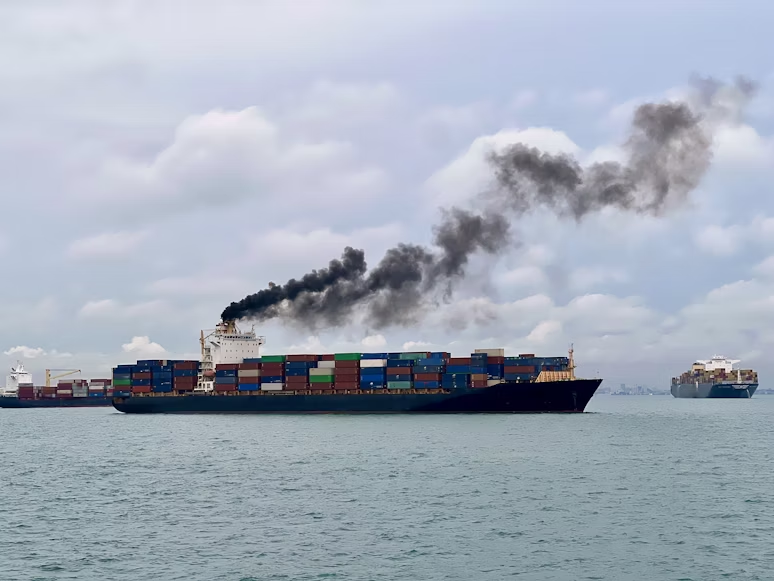
My father had asthma all his life. He grew up near a shipping yard where diesel exhaust painted the air in gray streaks. He worked near a freeway, and his symptoms only got worse with age. We lost him too soon—to a heart attack. At the time, no one ever connected the dots.
Now I wonder: How much of his heart disease was shaped by the air he breathed every day?
And I wonder that for all of us.
We tend to think of cardiovascular health as something tied strictly to food, exercise, or family history. But air pollution is a trigger we can’t always see—and often can’t control.
The Unequal Burden
What makes this worse is who gets affected the most.
Poor communities. Black and Brown communities. People who live in industrial zones, or along congested highways. People like me. People like the ones I grew up with.
We’re not only more exposed—we’re less likely to be warned, less likely to have access to care when symptoms spike, and less likely to be included in conversations about public health or clean energy.
And if we don’t talk about this, the cycle continues. More asthma. More ER visits. More preventable deaths from diseases that no one thinks to link back to the air.
So What Can We Do?
We can’t all pack up and move to the countryside. But we can take steps to protect ourselves—and push for change.
Here’s what I’ve started doing:
- I track air quality using apps like AirNow and IQAir before I go out for walks or workouts.
- On high-pollution days, I keep windows closed and run air purifiers at home—especially in my bedroom.
- I’ve started advocating locally—supporting clean transit initiatives, green space expansions, and clean energy funding in my city.
- And I speak up—because too many people don’t know that the air they’re breathing might be hurting their heart and lungs.
We Deserve Better
At Ravoke, we believe wellness isn’t just what you eat or how you move—it’s the air you breathe easy, the neighborhood you live in, and whether your environment is helping or hurting your health.
No one should have to sacrifice their cardiovascular or respiratory health just because of where they live, work, or raise their children. But until clean air is a basic right—not a privilege—we need to keep raising our voices.
Some Thought
We can’t see air pollution the way we see smoke or smog in a photo. But our bodies feel it. Our communities carry it. And the data proves it.
So next time someone says “it’s just a little bad air day,” I’ll remember my father. I’ll remember the migraines. I’ll remember the headlines that link pollution to stroke and heart failure. And I’ll keep writing. Because what we breathe in shapes our future—whether we notice it or not.
With breath and purpose
By Barbra Tyson for Ravoke.com




